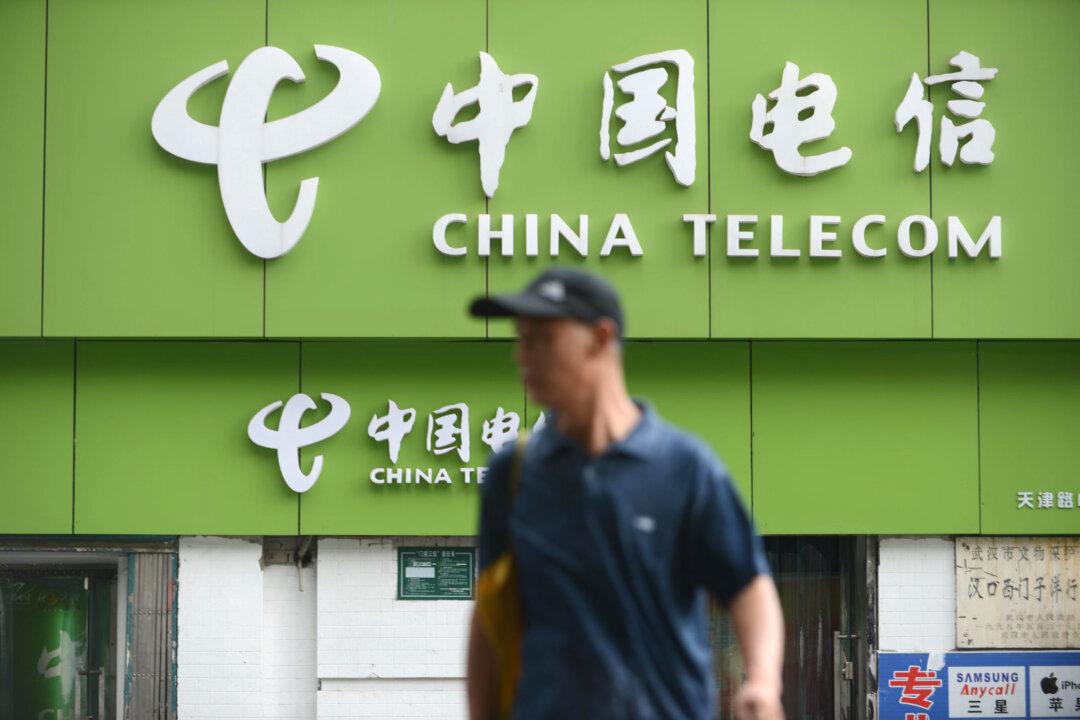Commentary
How much is it worth to do business in China? That’s a question that every company and government will have to answer very soon.

How much is it worth to do business in China? That’s a question that every company and government will have to answer very soon.